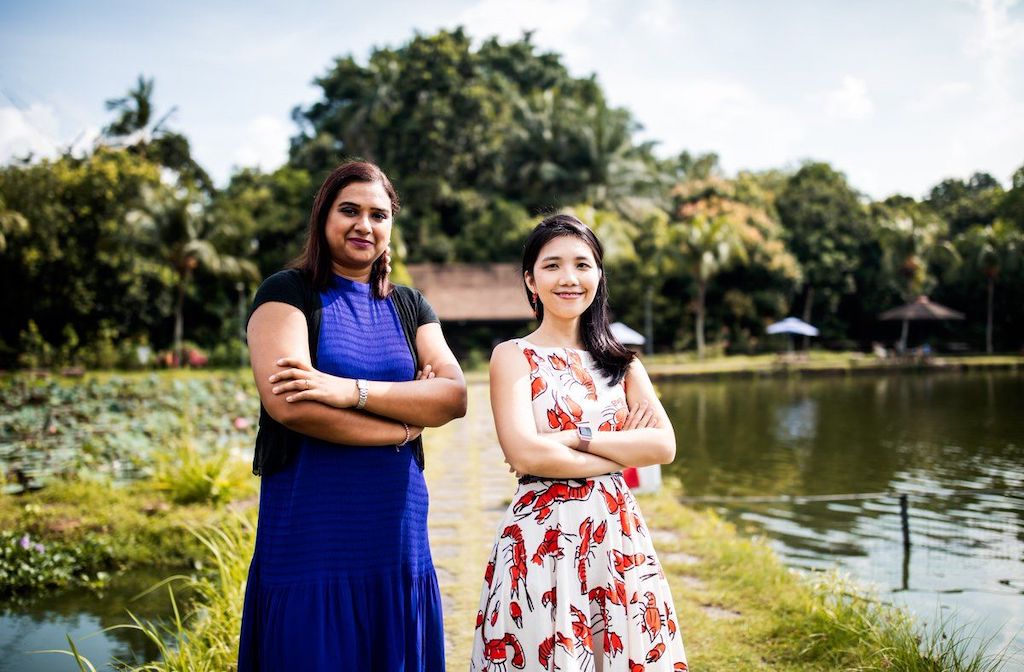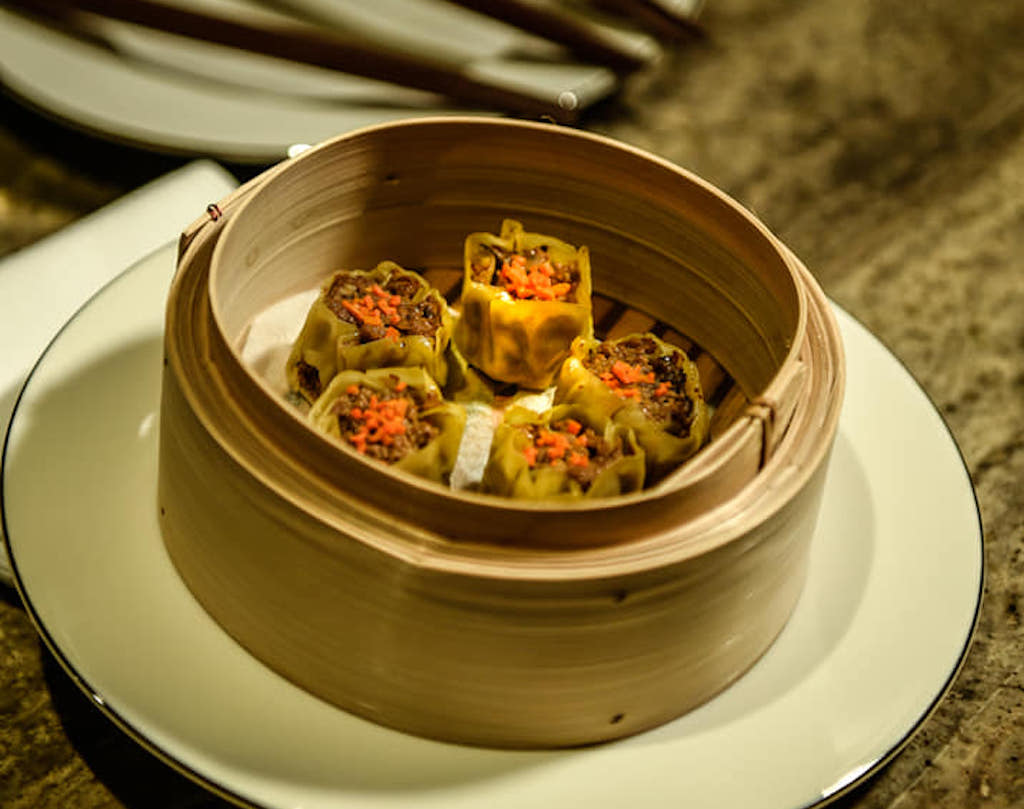3 Mins Read
Singapore-based food tech startup Shiok Meats has just announced that it has raised US$3 million in a bridge funding round ahead of its Series A. The company plans to use the new funds to set up its first manufacturing plant in Singapore, in a considered move towards commercialisation within the next two to three years, making it a strong contender for the world’s first commercially available cultivated protein.
The US$3 million bridge funding round was led by UK-headquartered alternative meat investor Agronomics, US-based slaughter-free investment firm VegInvest, London angel fund Impact Venture and UAE’s female-led Mindshift Capital Fund.
Shiok Meats says it plans to use the new funds to set up its first manufacturing plant in Singapore, a crucial step towards commercialising the business within the next two to three years. Currently, the startup is still in the process of research and development, creating more cultivated seafood prototypes and is working to close its Series A round by the end of this year.

The latest round takes Shiok Meats’ total funding to US$7.6 million to date. Previously, the startup has secured US$500,000 from the renowned US-based accelerator Y Combinator and other investors including Wild Earth CEO and co-founder Ryan Bethencourt in a pre-seed round, as well as a record-breaking US$4.6 million seed round led by Henry Soesanto, CEO of Monde Nissin – at the time the largest seed for an Asia-based cultivated food tech startup.
Founded in 2018 by Sandhya Sriram and Ka Yi Ling, the startup has been fighting the unsustainable nature of traditional shrimp farming as Asia’s consumption of seafood continues to rise. Using cellular technology to grow shrimp cells, the company has already successfully cultivated a shrimp product that has been sampled in the highly popular Asian dish shrimp dumplings or siu mai last year. Shiok Meats’ technology has recently won them a spot on Fast Company’s top 10 most innovative companies in the Asia-Pacific region.
Compared to both wild caught and farmed shrimp, lab-grown shrimp comes with a far lighter environmental footprint as it does not contribute to marine species depletion or plastic pollution associated with the seafood industry. Further, the technology addresses the traceability issue in an industry rife with food safety scandals and fraud. In addition to shrimp, Shiok Meats is also working on developing cell-based crustacean meats such as crab and lobster.

The funding news follows multiple plant-based and cultivated food tech investment announcements in recent weeks. Major capital continues to flow into the alternative protein industry as sentiment for traditional animal agriculture companies goes awry, amidst the coronavirus pandemic, which has exposed severe vulnerabilities in the global food supply chain.
In just the first quarter of 2020 alone, plant-based and cell-based protein companies in the United States together have raised a total of US$930 million in investment, according to a Good Food Institute report.
While investment is dramatically picking up for the sector, there are still major challenges for cultivated proteins to reach the mass market, a stage that plant-based startups have managed to achieve in recent years.
One of the key obstacles is cost. Currently, one lab-grown shrimp product by Shiok Meats costs around US$300 to produce, but the startup is actively working on cutting costs to US$50 for each kilogram by 2021. Armed with additional capital, Shiok Meats is likely to be able to make significant inroads on this front, making them a strong contender to become the first company in the world to launch a commercial cell-based meat product.
All images courtesy of Shiok Meats.




